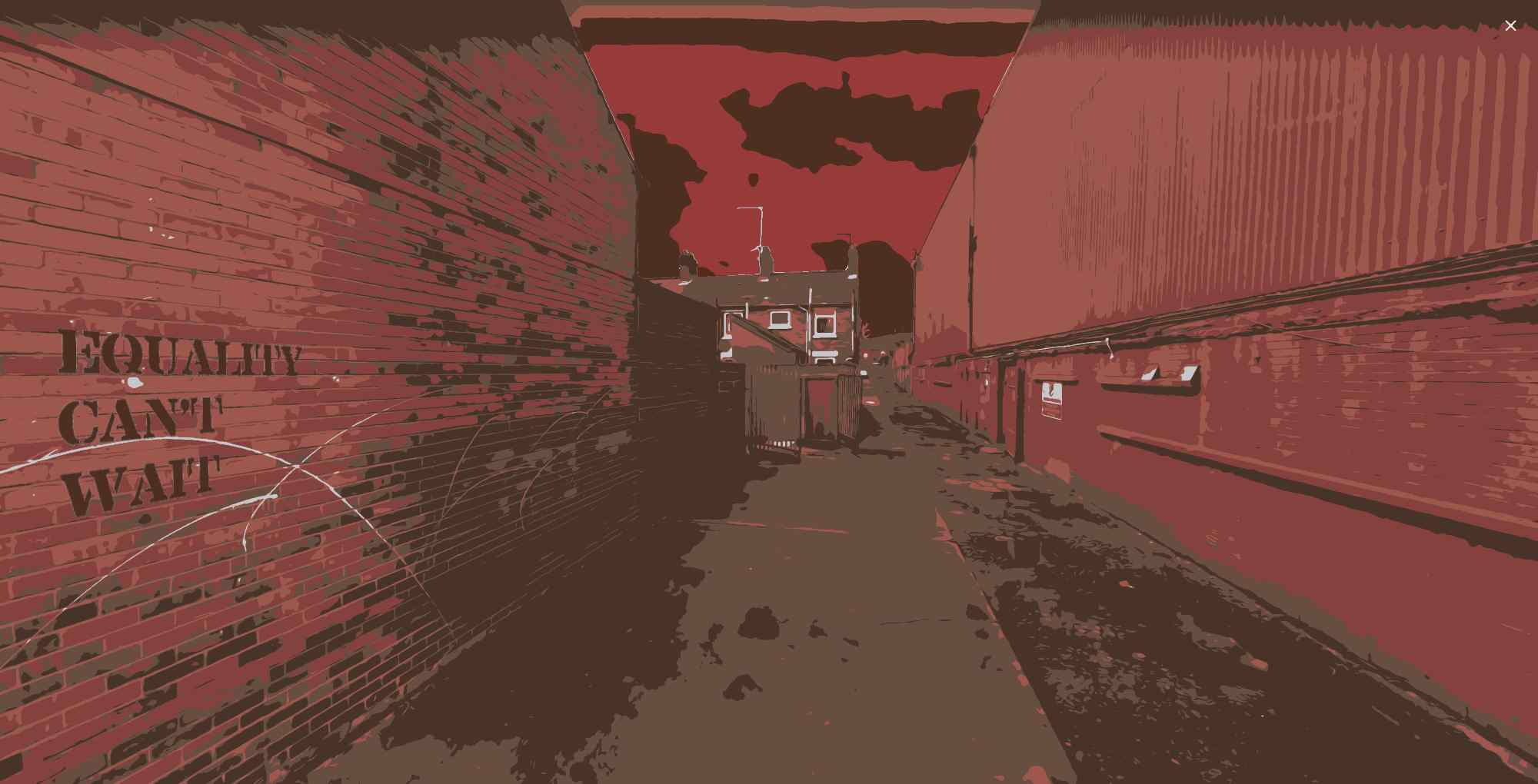
Policy Watch
An eye on policy changes in Ireland, the UK and beyond
#KindEconomy | Poverty and the Cost of Living Crisis | Food Poverty | Free School Meals
#KindEconomy
In positive news, Rathlin Island residents helped show visiting asylum seekers what a #KindEconomy could look like here….
Poverty and the Cost of Living Crisis
Ulster University research found that, even before the current cost of living crisis, many NI households were struggling to cover essential costs, with 62% of people believing the Northern Ireland Executive is not doing enough to address poverty.
The Saint Vincent De Paul Society and others criticised the UK government for failing to address the cost of living crisis in the Queen’s Speech; at the end of the month the Chancellor finally announced new measures, using revenue from a windfall tax levied on oil and gas companies. They include one-off payments to low income families and/or disabled people to help meet rising costs and an increase in previously announced supports to help them meet energy bills. The government also committed to increasing benefit payments in line with inflation next year. Crisis welcomed the measures but called for “a clear plan to deliver the genuinely affordable homes that are so desperately needed so that people are protected from any sudden economic shocks in the future”.
In the Republic, Social Justice Ireland raised concerns that nearly one in five people may be living in poverty after housing costs are taken into account, under the current cost of living crisis.
Food Poverty
Survey findings from the Food Foundation indicated that the number of food insecure adults in the UK has risen by more than half since January, to more than seven million, alongside more than 2.6 million children – with people regularly skipping meals, not eating when they were hungry or eating partial portions. It said that government could not expect food banks to meet the existing need and called on government to act immediately to increase benefits to match inflation and expand Free School Meals and Healthy Start programmes for children. It also urged the authorities to include a Good Food Bill in its reportedly upcoming National Food Strategy White Paper.
Free School Meals
In a welcome development, in April the government announced that children in households with a No Recourse to Public Funds designation would be permanently eligible for Free School Meals (subject to maximum income limits). The House of Commons Work and Pensions Committee welcomed the move but criticised the authorities for failing to collect data on the number, composition and income level of households with an NRPF designation.
Teachers’ unions and organisations representing one million school staff in England between them have sent an open letter to the government urging that Free School Meals be provided to all children in households on Universal Credit. Separately, Action for Children had revealed that since the withdrawal of the £20/week uplift in Universal Credit payments, more than half of the emergency (up to £250) Crisis Fund grants it has administered were for families in receipt of UC.
